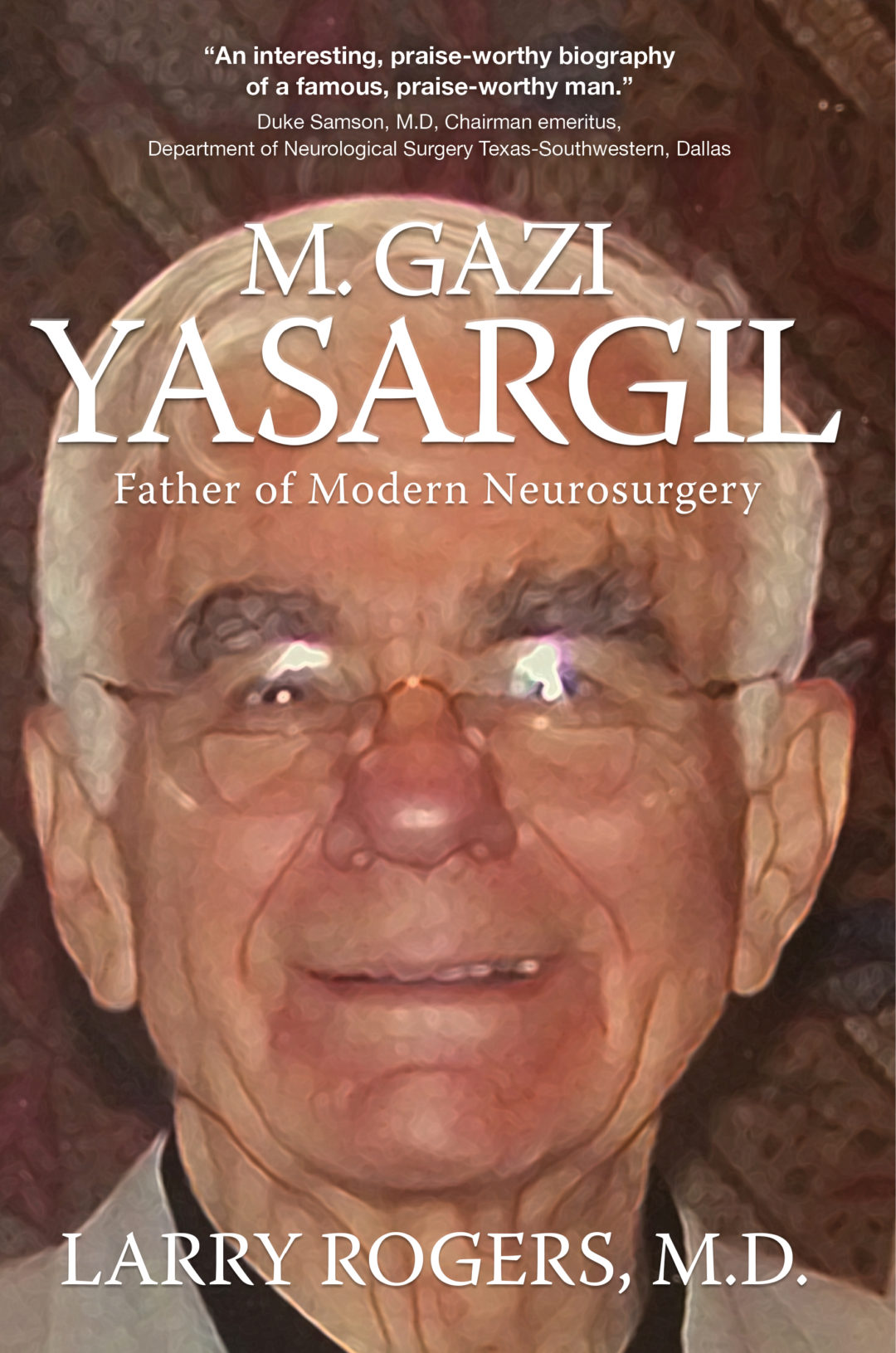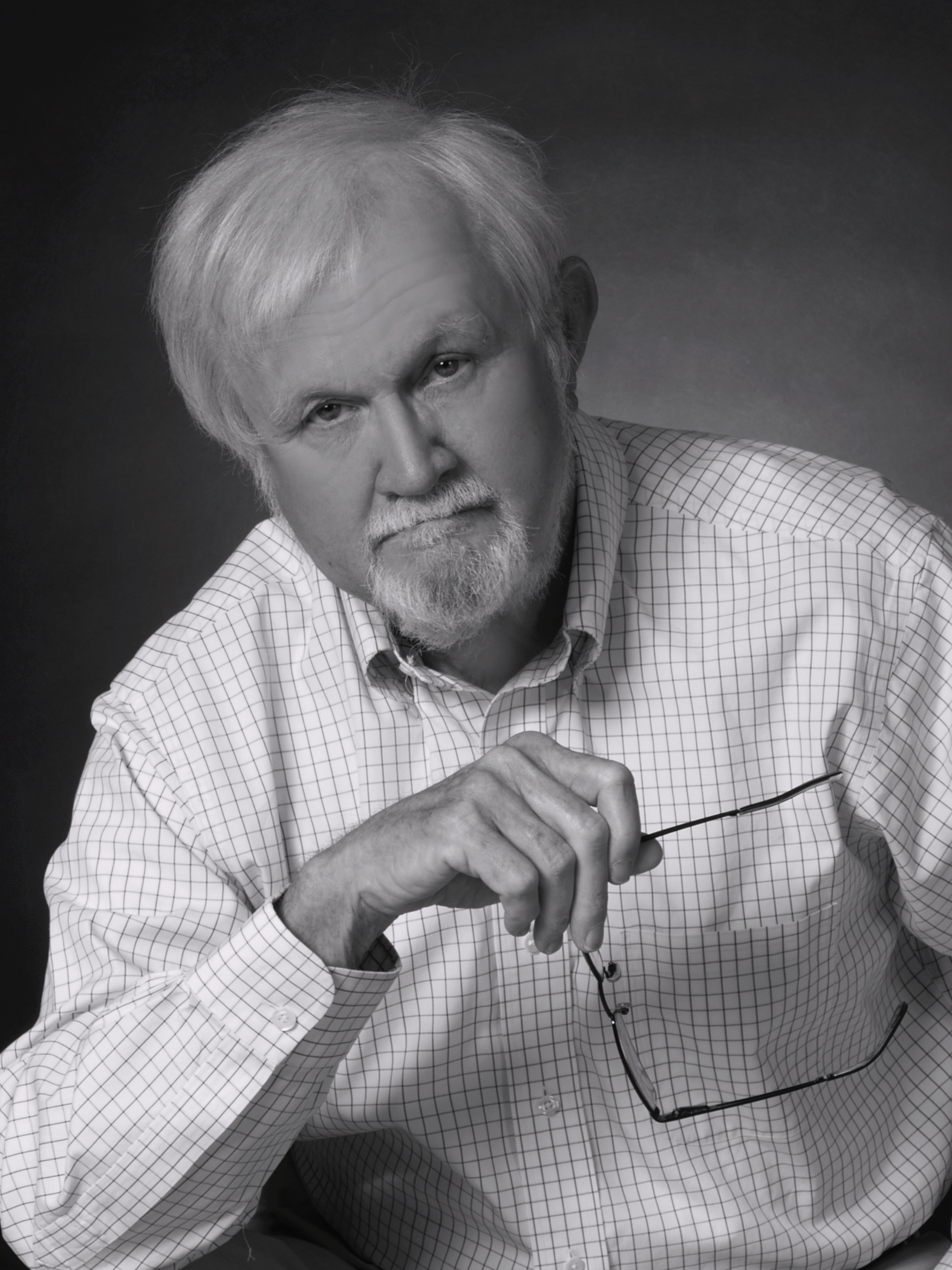Yasargil: Father of Modern Neurosurgery
M. Gazi Yasargil: Father of Modern Neurosurgery is an account of a famous man’s unusual and inspiring life, particularly as a youth in the first 138 pages of the book. Later, as a neurosurgeon, he found a means of reducing the mortality rates associated with the deadliest of brain pathologies from thirty percent in the mid-1960s to less than two percent. It required not only a vastly redesigned microscope, but an array of new surgical instruments, even a new way of thinking. 1967 witnessed neurosurgeons flocking to Zurich from around the world to learn his method. Yasargil possessed a truly amazing surgical talent, but his brand of microneurosurgery allowed even the lesser skilled to achieve stunning results if the requisite laboratory-hours to master the method were observed. Yasargil’s life and times were as dramatic and challenging as microneurosurgery was important. He was born in a cave in rural east Turkey as his parents were held at gunpoint by outlaws determined to challenge the new government in Ankara. At eighteen, with his family’s hearts in their throats, he was off to Vienna to study medicine. But when Nazi police suspected him of being a Jew, he was not allowed to register for classes. But instead of returning to Turkey defeated, he chose to push into Germany where he bargained enrollment as a first year medical student. From 1943 to 1945 he was harassed by Hitler’s police as a potential spy. Headstrong, confident-he typically made matters worse. The bombs killing some of his classmates were dropped from British and American aircraft. Since this story contains as much history and adventure as medical triumph, a brief glossary of medical terms make it accessible to anyone reading at the high school level.
See details


 Larry Rogers learned the rudiments of microneurosurgery under the tutelage of his subject, Professor Gazi Yasargil, while visiting Switzerland as a fourth-year resident from the University of Texas Southwestern Medical School in Dallas. His undergraduate degree was from Davidson College and he graduated from the Duke Medical School. Ultimately he practiced microneurosurgery in Charlotte, North Carolina for twenty-seven years. He has authored or co-authored four additional books, three of which are about microneurosurgery, including a novel set in the 1980s. He is married to a wonderful lady and has produced six adult children, including three daughters (an obstetrician-gynecologist, a major-league baseball writer, and one who has produced two special grandsons) plus three sons (a college professor and two computer entrepreneurs, one of whom has produced two beautiful, precious daughters, the other is deceased, but his memory remains very special indeed). In the fall, his day job is coaching high school football players.
Larry Rogers learned the rudiments of microneurosurgery under the tutelage of his subject, Professor Gazi Yasargil, while visiting Switzerland as a fourth-year resident from the University of Texas Southwestern Medical School in Dallas. His undergraduate degree was from Davidson College and he graduated from the Duke Medical School. Ultimately he practiced microneurosurgery in Charlotte, North Carolina for twenty-seven years. He has authored or co-authored four additional books, three of which are about microneurosurgery, including a novel set in the 1980s. He is married to a wonderful lady and has produced six adult children, including three daughters (an obstetrician-gynecologist, a major-league baseball writer, and one who has produced two special grandsons) plus three sons (a college professor and two computer entrepreneurs, one of whom has produced two beautiful, precious daughters, the other is deceased, but his memory remains very special indeed). In the fall, his day job is coaching high school football players.






